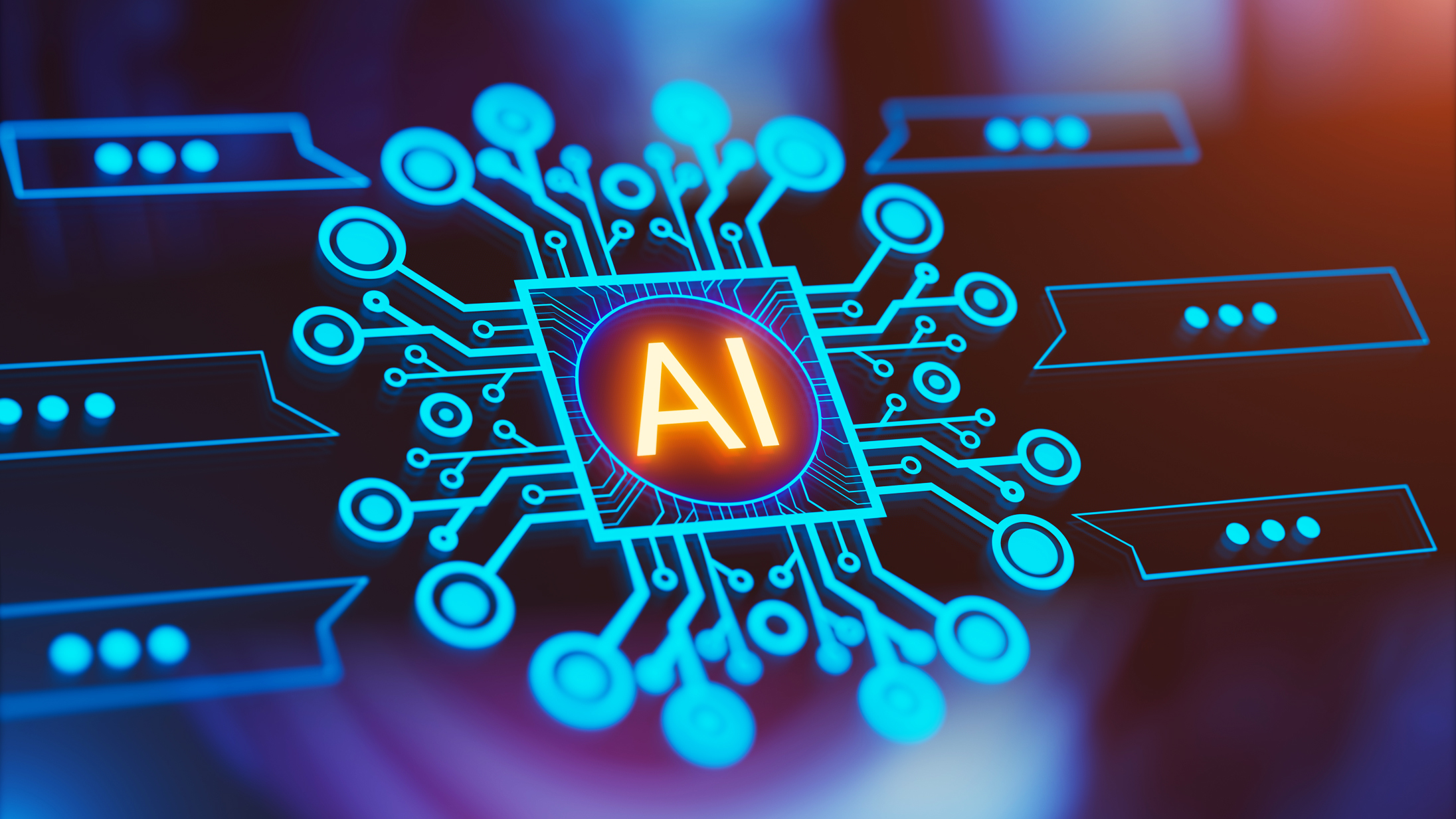From OpenAI to open wallets: Former researcher says a $10,000 monthly UBI is the only way to survive the AI job collapse
Setting a 'Universal Basic Income' might be the only way to survive the AI shake-up, and more tech leaders are starting to agree.

All the latest news, reviews, and guides for Windows and Xbox diehards.
You are now subscribed
Your newsletter sign-up was successful
As generative AI becomes more advanced and scales greater heights, job losses are still imminent amid privacy and security concerns. The technology is increasingly improving its abilities with repetitive and redundant tasks, making it easier for corporations to leverage its capabilities to augment some tasks with the aim of promoting productivity and efficiency.
Earlier this year, Microsoft co-founder Bill Gates claimed that AI would replace humans for "most things". However, he indicated that humans will have control over which tasks to exclusively reserve for themselves. The philanthropic billionaire even joked that no one would like to watch computers play baseball.
Gates further indicated that three professions would survive the AI revolution: energy specialists, biologists, and coders. He argued that these professions are too complex to fully be augmented with AI, explaining that human intervention is crucial to help identify critical errors and more.
But how will people make a living without work? Former OpenAI researcher Miles Brundage suggests that the introduction of a Universal Basic Income (UBI) will help mitigate the paradigm shifts caused by AI in the job market (via Business Insider).
For context, UBI is a social welfare concept where the government allocates a specific amount of money to everyone regularly to cater to basic needs every month, which can be anything from $500 up to $1,500.
According to the executive:
"I think that a significantly more generous UBI experiment than has been tried so far (say, $10k/month vs. $1k/month) would show big effects. $1k/month is relevant to what's feasible policy-wise today. $10k/month is relevant to what will be feasible policy-wise in a few years with AI-enabled growth."
All the latest news, reviews, and guides for Windows and Xbox diehards.
Brundage is among the multiple employees who departed from OpenAI following the fiasco that led to Sam Altman's ouster as CEO, followed by claims that the company was prioritizing shiny products like AGI over safety processes.
In a blog post announcing his exit from the firm, the former OpenAI AGI Readiness lead and senior policy advisor raised concerns about AI's impact on jobs.
In the near-term, I worry a lot about AI disrupting opportunities for people who desperately want work, but I think it's simultaneously true that humanity should eventually remove the obligation to work for a living and that doing so is one of the strongest arguments for building AI and AGI in the first place.
OpenAI AGI Readiness lead, Miles Brundage
This news comes as tension and concern continue to build among job seekers and professionals. More recently, Jad Tarifi, a member of Google's first GenAI team, indicated that you'd be better off living in the world and socializing with friends rather than pursuing a PhD. "AI itself is going to be gone by the time you finish a PhD," the executive added.
Elsewhere, Anthropic CEO Dario Amodei claimed that AI is on the verge of slashing up to 50% of entry-level white collar jobs, leaving Gen Z without avenues to fend for themselves after completing their studies.
A Universal Basic Income plan in more than welcome
As it seems, every major tech corporation is trying to catch up with the AI hype, with executives like Anthropic CEO Dario Amodei admitting that they don't understand how its AI models work, despite rising concerns that the technology might lead to inevitable doom.
Last year, Elon Musk predicted that AI is coming for everyone's job, leading to a new reality where work turns into an optional hobby.
The billionaire further suggested that the government should embrace a universal high-income approach to mitigate some of the challenges presented by AI in the job market. This way, everyone will still have access to essentials and basic needs regardless of whether they have a job.
Even Microsoft's AI CEO, Mustafa Suleyman, foresees a different future with AI at the forefront. But instead of UBI, the executive claims AI will plunge the world into Universal Basic Provision (UBP), where abundant intelligence is treated as the new currency in place of hard cash.
Suleyman says people will still need hard cash but insists that vast intelligence will make people richer, potentially making money itself less appealing.
What are your thoughts on AI causing job losses and a universal basic income as a feasible fix for the issue? Let me know in the comments.

Kevin Okemwa is a seasoned tech journalist based in Nairobi, Kenya with lots of experience covering the latest trends and developments in the industry at Windows Central. With a passion for innovation and a keen eye for detail, he has written for leading publications such as OnMSFT, MakeUseOf, and Windows Report, providing insightful analysis and breaking news on everything revolving around the Microsoft ecosystem. While AFK and not busy following the ever-emerging trends in tech, you can find him exploring the world or listening to music.
You must confirm your public display name before commenting
Please logout and then login again, you will then be prompted to enter your display name.

